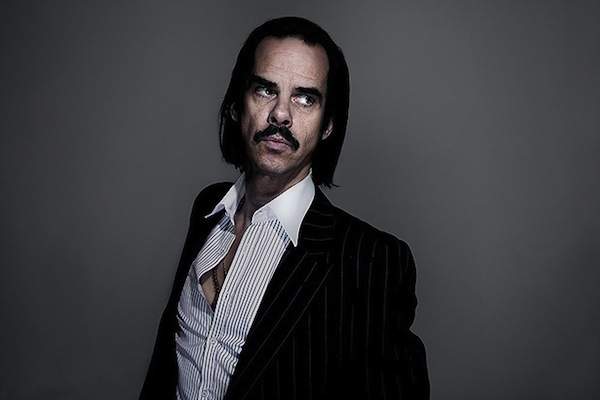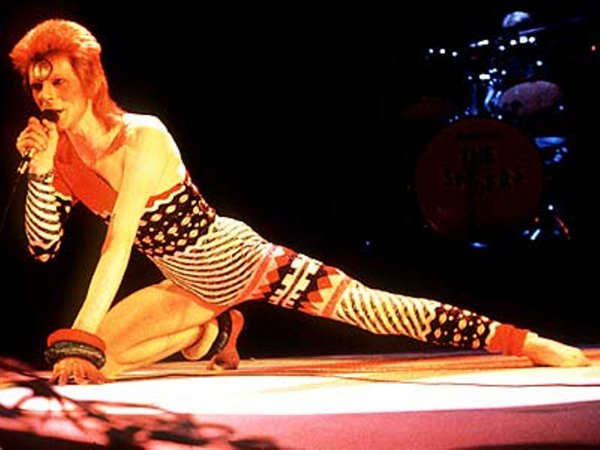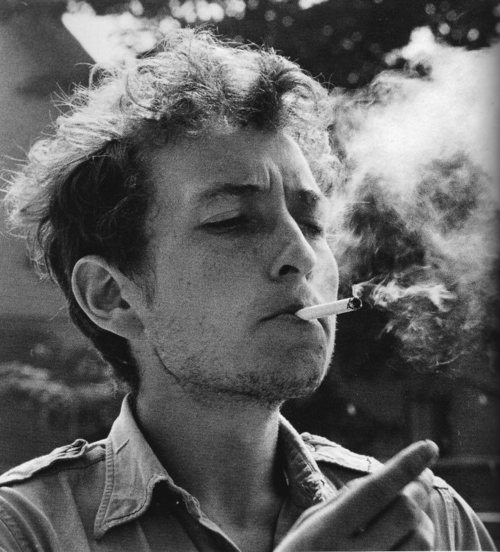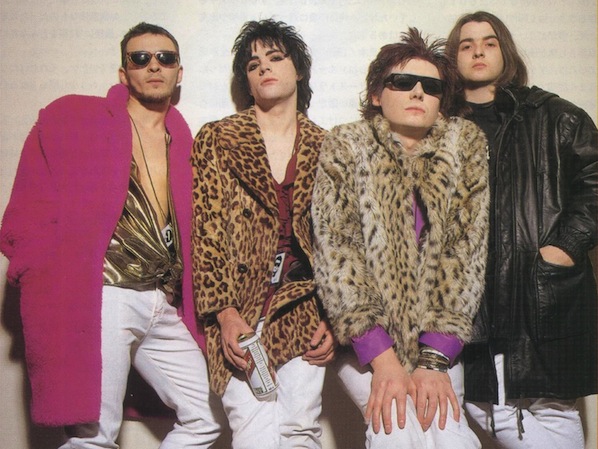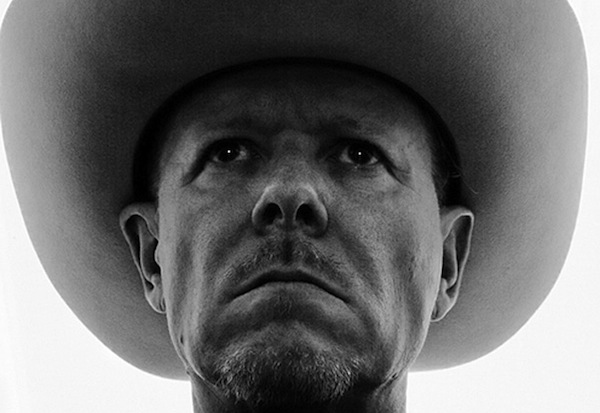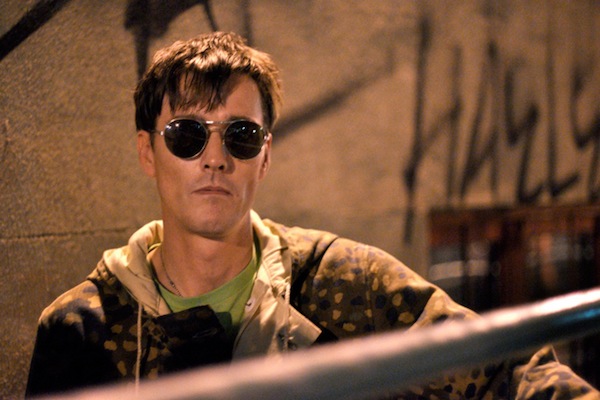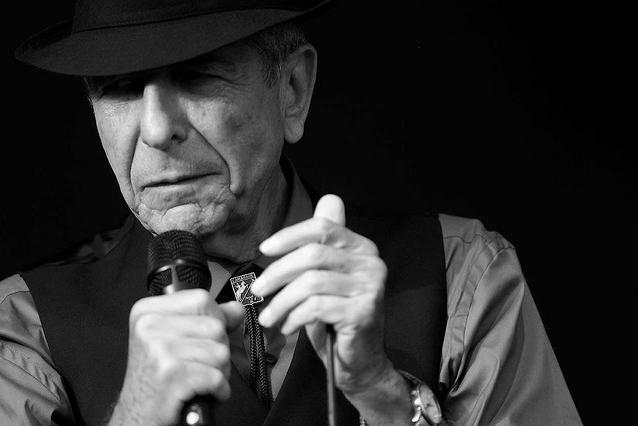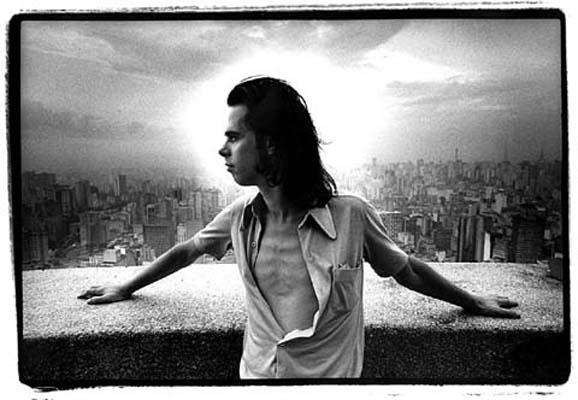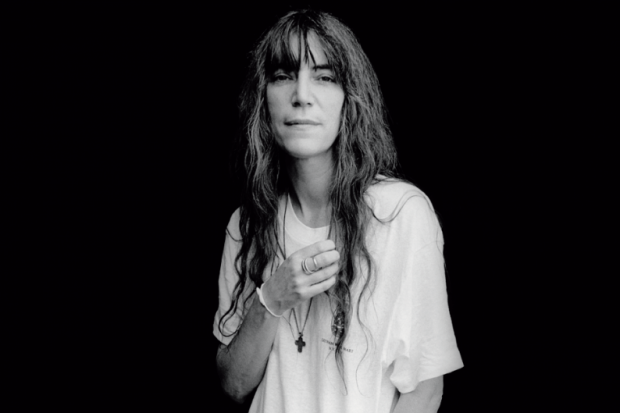Ten Musicians On Why They Make Music
These ten quotes from ten songwriting legends provide a fascinating insight into what drives these musicians to be musicians
The creative process of artists is as fascinating as it is mysterious. Songwriters are a famously cagey breed of individuals and are often particularly guarded as to the true meaning behind their music. Yet, bizarrely, these same songwriters seem to possess an irrepressible urge to share their innermost feelings with thousands of people through the medium of song.
These quotes from ten songwriting legends provide a fascinating insight into what drives these musicians to be musicians. Whether it's because they weren't good enough for art school, because they are an emotional train-wreck or because they are just a wee bit insane, here is a little peek into why musicians do what they do and what inspires their art.
David Bowie
“I always had a repulsive need to be something more than human. I felt very puny as a human. I thought, ‘Fuck that. I want to be a superhuman.’”
Tori Amos
“Some people are afraid of what they might find if they try to analyze themselves too much, but you have to crawl into your wounds to discover where your fears are. Once the bleeding starts, the cleansing can begin.”
Bob Dylan
“Songs, to me, were more important than just light entertainment. They were my preceptor and guide into some altered consciousness of reality. Some different republic, some liberated republic… whatever the case, it wasn’t that I was anti-popular culture or anything and I had no ambition to stir things up. I just thought of mainstream culture as lame as hell and a big trick. It was like the unbroken sea of frost that lay outside the window and you had to have awkward footgear to walk with.”
Richey Edwards - Manic Street Preachers
“We started at a time when rock’n'roll was dead over here. The UK was in the grip of dance, rap, and the acid house thing. All that Manchester sound stuff that sounded so contrived… The only real rock’n'roll was coming out of America. We were consciously reacting against all that. Our friends laughed at us because they said there was no audience for us. But we felt we had to do something to bring back rock’n'roll, so that’s how the Manic Street Preachers came about.”
Michael Gira
“[Music] was a kind of sado-masochism. I would take the things that were painful to me and elevate them and, through the mantra of music, make them into a release.”
Sonic Boom
“I think a composer is literally an antenna to take in feelings, emotions etc and analyze, re-synthesize and then broadcast out to other humans. We felt we were making music (in the mid ’80s) for a sector of society including ourselves who seemed uncatered for. We could only imagine that there were other people out there wanting something more than what was currently on offer and in the realm which interested us. Luckily, we slowly seemed to find the other alienated types seeking something special from the music in their lives — i.e. not aural wallpaper as music is sometimes used.”
Leonard Cohen
“It seems like the height of folly to decide to solve your economic problems by becoming a singer. But I’d always played guitar, and I’d always sung. And I’d played in a country-western band, in Montreal… I came down to New York, and I didn’t have very much success in getting the ear of anyone. I visited some agents and they’d say, ‘Turn around, kid… let’s have a look at you. Aren’t you a little too old for this game?’ I was 32 at the time. I think I was eating very little; I was about 116 pounds…and going to all the clubs, and listening and playing and writing. Just the ordinary cliche of a young writer in New York.”
Nick Cave
“I kind of came in through the back door. I was always something of an imposter, I guess, because I couldn’t really play music or sing very well and it was some years before I was able to do anything that was worthwhile musically. I did music because I failed art school. If I hadn’t failed art school I probably would have carried on and been a moderately successful painter.”
Jarvis Cocker - Pulp
“If somebody told me in 1981 that it would take 13 years to get recognized, I would have been horrified. I guess it was self-belief that kept it going all the time, because for a long time nobody else seemed to like it. But we thought we were doing something that was worth doing, so we kept doing it and hoped that the world would come round to our way of thinking.”
Patti Smith
“These things were in my mind from the first moment I entered the vocal booth: The gratitude I had for rock and roll as it pulled me through a difficult adolescence. The joy I experienced when I danced. The moral power I gleaned in taking responsibility for one’s action.”
